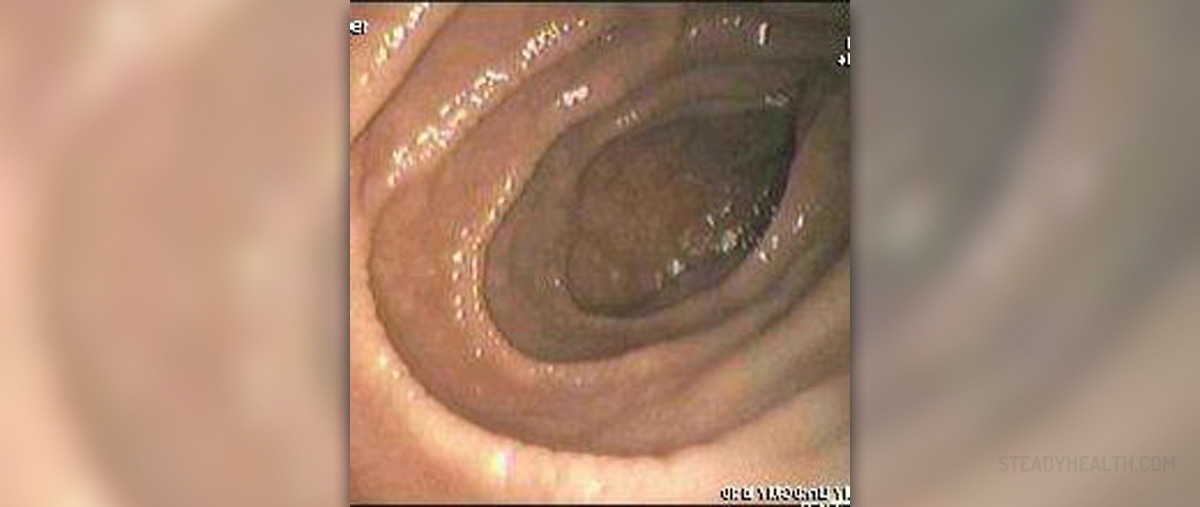
Celiac disease, also referred to as coeliac disease, is an autoimmune disorder of the small intestine that affects genetically predisposed people of all ages. Celiac disease is also known as gluten intolerance, and it affects at least 1 in 133 Americans.
The disease mostly affects people of European (especially Northern European) descent, but recent studies show that it also affects Hispanic, Black and Asian populations as well. People suffering from celiac disease experience health problems upon eating foods with gluten. Their immune system responds by damaging the small intestine and causing the various symptoms.
What is celiac disease?As already mentioned, celiac disease occurs in people who have a susceptibility to gluten. The human intestine is lined with small hair-like hair-like projections called villi. Villi have one primary function: to absorb vitamins, minerals and other nutrients from the food we eat. In celiac disease, this lining is damaged and the inner surface of the intestine becomes like a plush carpet, losing its protective attributes. If people with celiac disease consume gluten, their immune system will cross-react with the small-bowel tissue causing, an inflammatory reaction.
The inflammation leads to destruction of the villi lining. This way, the body is being unable to absorb nutrients and maintain optimum health and growth. Various nutrients such as fats, proteins, vitamins and minerals are, instead being absorbed, eliminated with the stool. Eventually, the malabsorption can cause vitamin deficiencies that deprive your brain, peripheral nervous system, bones, liver and other organs of vital nourishment, leading to other illnesses and stunted growth in children.
Symptoms of celiac disease
Symptoms of celiac disease vary from one patient to another. There are no typical symptoms of the disease, but most of the patients experience some kind of abdominal pain, bloating or diarrhea. Celiac disease symptoms can sometimes resemble to symptoms of other health conditions, such as irritable bowel syndrome, gastric ulcers, Crohn's disease, parasite infections, anemia, skin disorders or a nervous condition.
In some cases, the disease may have no gastrointestinal symptoms at all, but rather manifest as irritability or depression, anemia, joint pain, muscle cramps, skin rash, mouth sores, or dental and bone disorders.
Malabsorption, however, can be recognized by weight loss, diarrhea, abdominal cramps, gases, bloating, fatigue, fatty or oil stools with unpleasant smell, osteoporosis and anemia.
Treatment of celiac disease
There is no known cure for celiac disease. However, patients are advised to manage symptoms of the disease primarily by modifying their eating habits. The first step is to remove the gluten from the diet and reduce the inflammation in the small intestine. Patients will also be advised to take vitamin and mineral supplements to correct the deficiencies caused by malabsorption.
















Your thoughts on this
Loading...